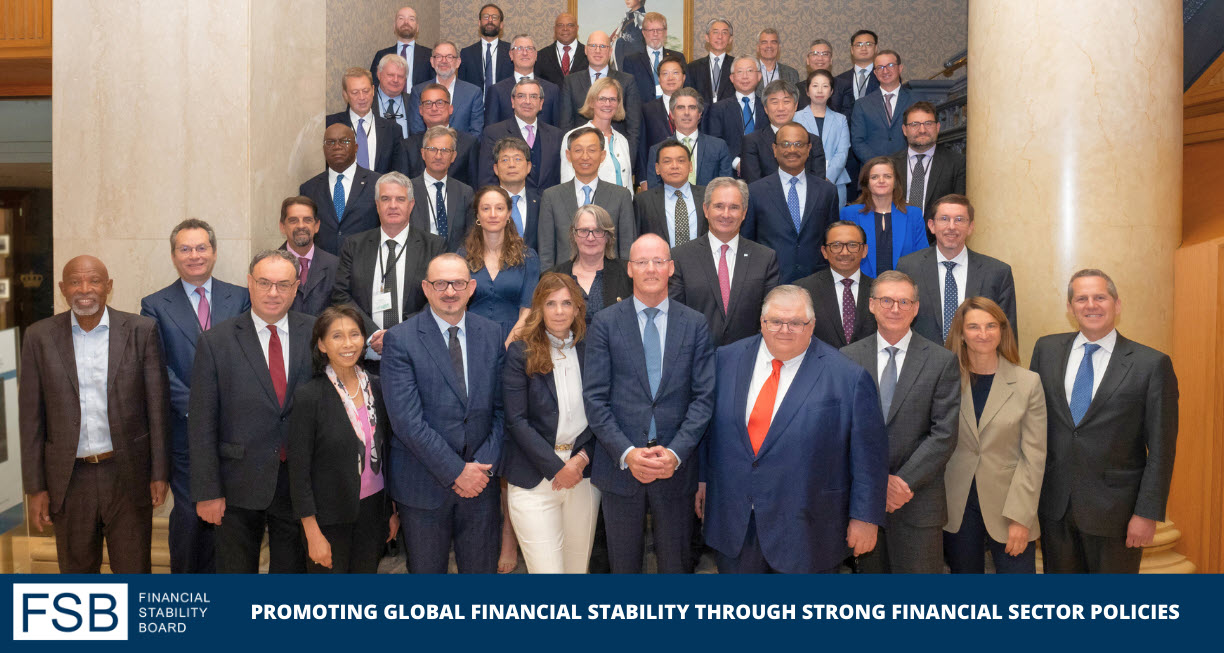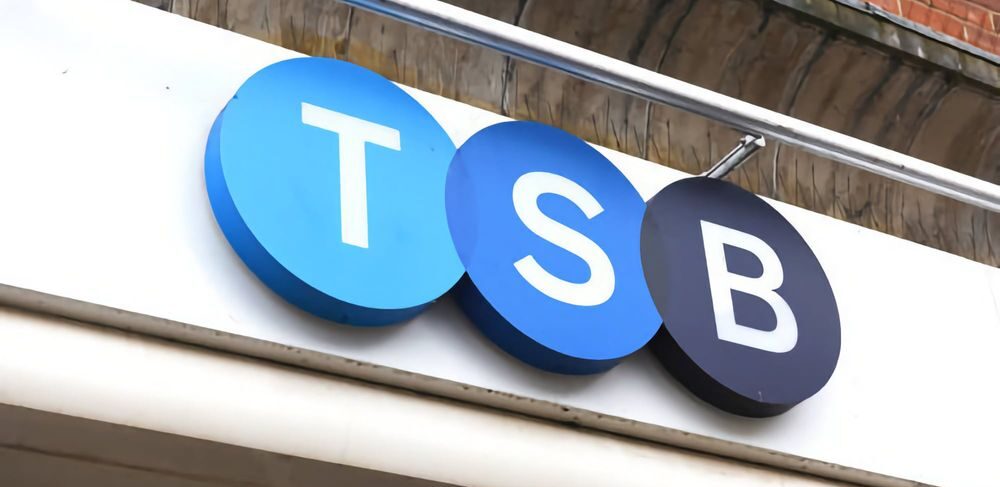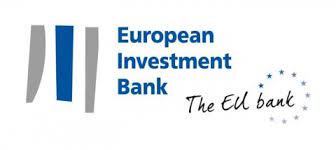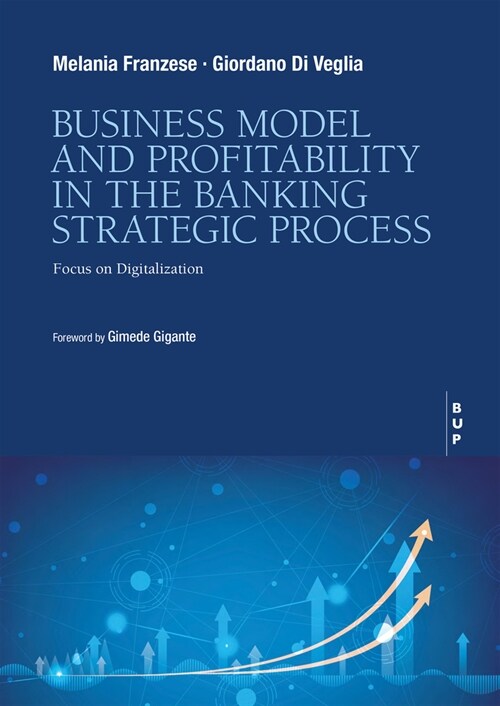Crédit Agricole Corporate and Investment Bank has a strong global footprint with over 8,900 employees in key regions including Europe, the Americas, Asia-Pacific, and the Middle East. As the corporate and investment banking arm of the Crédit Agricole Group, Crédit Agricole CIB offers its large corporate and institutional clients a range of products and services in capital markets activities, investment banking, structured finance, commercial banking and international trade, most of which demand significant computing power to manage and analyse substantial financial data effectively. Continue reading…
Gone are the days when organisations could simply promise a speak up culture. Today, fostering a culture of trust, integrity, and a positive work environment…
Download whitepaper













